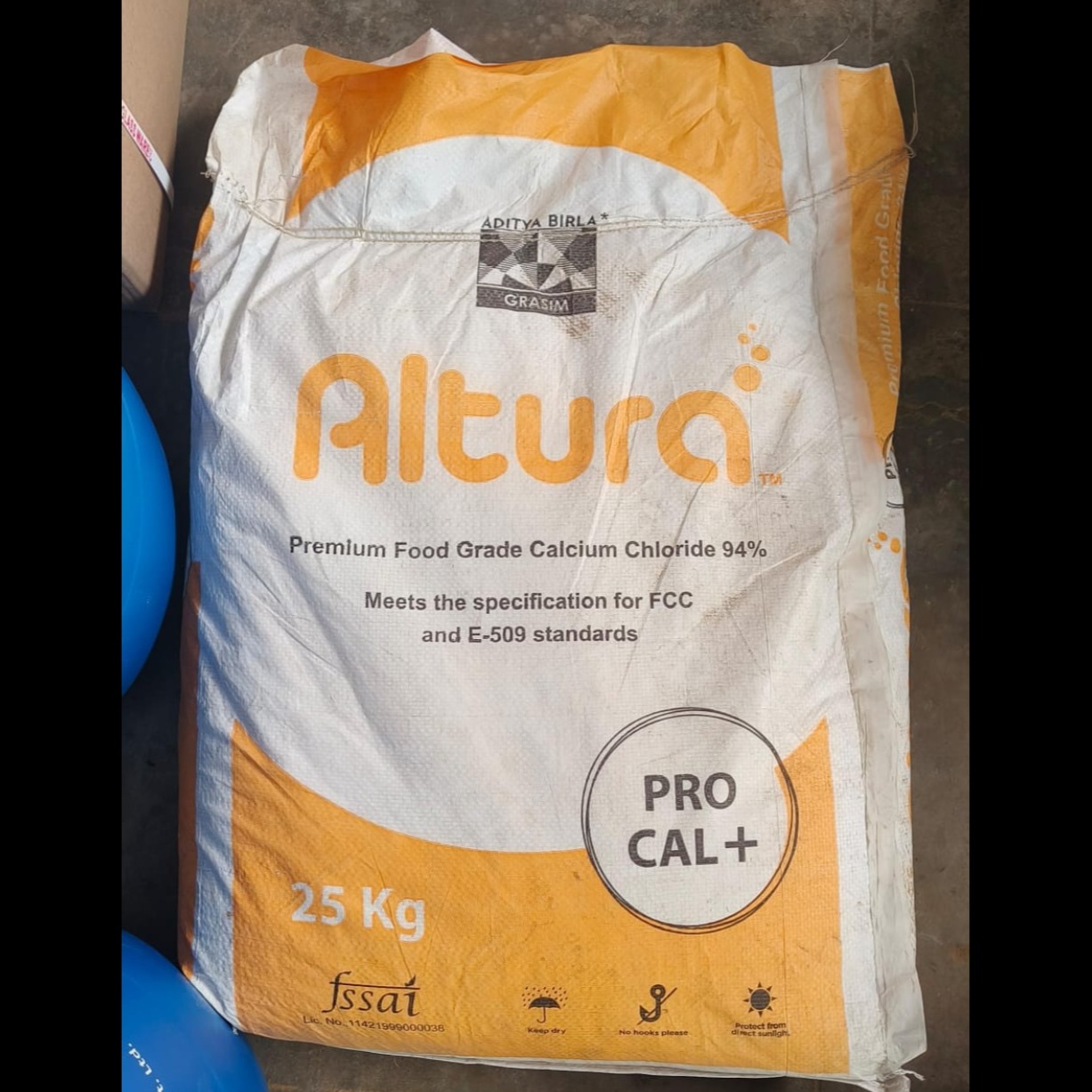
2025-08-13T11:07:13
Calcium chloride (CaCl2) is a versatile chemical compound, commonly used for de-icing roads, as a drying agent, and in food production. It's a white, crystalline solid at room temperature and highly soluble in water. Commercially, it's produced from limestone or as a byproduct of the Solvay process. Uses: De-icing: Used to melt ice and snow on roads and sidewalks, preventing ice formation. Dust control: Helps to suppress dust on unpaved roads. Drying agent: Acts as a desiccant, absorbing moisture from the air and preventing spoilage of food, pharmaceuticals, and other products. Food production: Used as a firming agent in canned goods, a coagulant in tofu production, and as a source of calcium in some beverages. Brine for refrigeration: Creates a solution with a low freezing point, used in refrigeration systems. Concrete admixture: Improves the strength and setting time of concrete. Other uses: Includes oil and gas well drilling, wastewater treatment, and as a component in some pharmaceuticals. Production: From Limestone: Reacting limestone (CaCO3) with hydrochloric acid (HCl). Byproduct of Solvay Process: A byproduct of the industrial production of soda ash. Safety: While generally safe for its intended uses, it can cause irritation to skin and eyes. Ingestion can cause burns in the mouth and throat. High concentrations in drinking water can be dangerous. Should be handled with appropriate personal protective equipment (gloves, goggles)

Have a question? Ask here!
Required fields are marked *